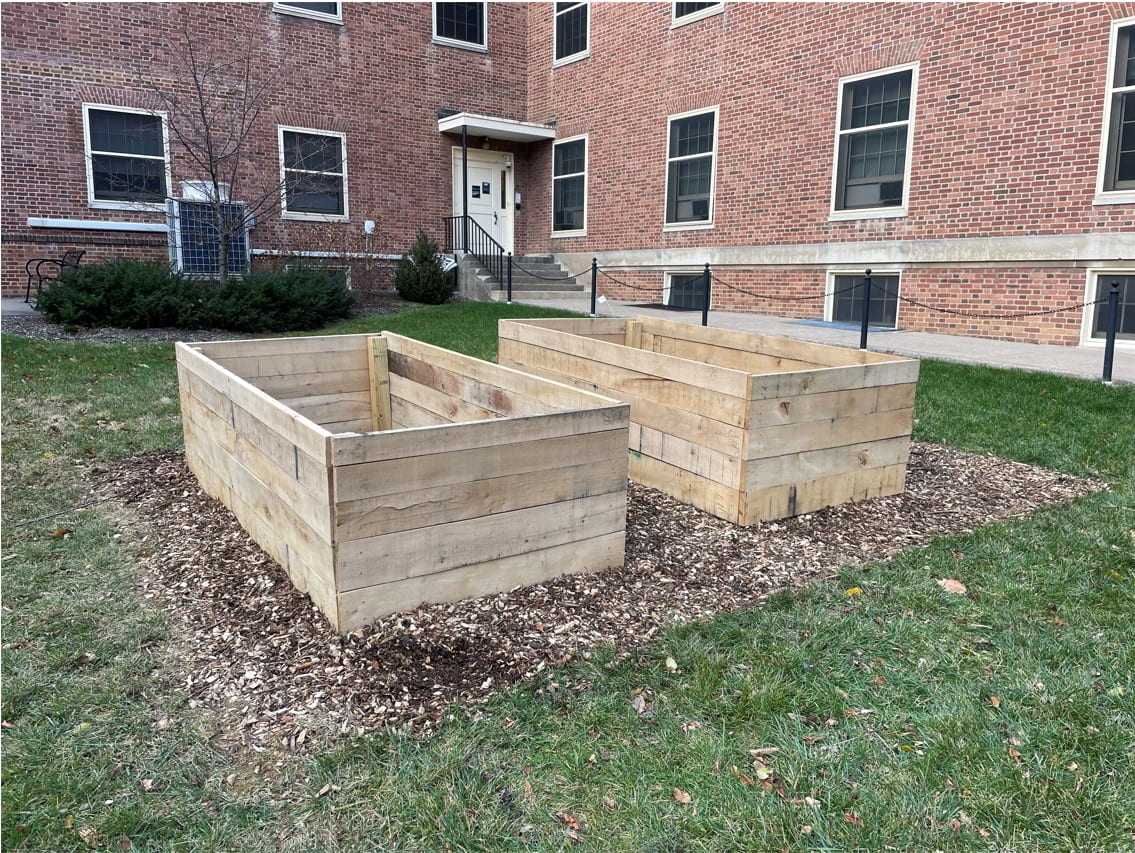Yes, all Penn State campuses have programs in place to address student food insecurity and hunger.
All Penn State campuses have food pantries on campus or in the community which operate as programs to address student food insecurity and hunger. Most campuses offer either food pantries, food distribution services, and/or campus community gardens.
As part of a University-wide network of support, caring and compassionate staff members are available at every campus to respond and support students who are experiencing food and housing insecurity. A complete listing of resources on all campuses can be found on the Food Support and Basic Resources website provided by Penn State Student Affairs.
Each year, a news story about food resources is published for the campus community. For example, In 2023 Penn State News published Student guide: Top five food and housing security resources to know and in 2022 Penn State News published A student guide to food and housing security resources at Penn State in January, Student guide: Five food and housing security resources to know in September.
Food insecurity resources for student include:
- SNAP: College students may be eligible for expanded SNAP eligibility if they qualify for a work-study work program (even if not participating) and have an expected family contribution of $0 on their federal student aid determination.
- Project Cahir: Can provide up to $100 on their on-campus meal plan account or LionCash+ account for assistance with food purchases. Students can also request pre-packaged toiletries and textbook assistance.
- Student Emergency Fund: Provides short-term financial assistance to students who are struggling with debilitating financial circumstances of an unforeseen nature.
- Free Nutrition Clinic: Students can schedule a free appointment with a registered dietitian who can help with designing a nutritious meal plan within limited financial resources.
- Lion’s Pantry: Provides free food, toiletries and other items to Penn State students.
- State College Food Bank: Provides 12 regular food distributions per year to eligible clients.
- St. Andrew’s Episcopal Church Community Cafe: Provides a free dinner every Thursday from 5-7 p.m.
- Abba Java Coffeehouse: Provides a study spot with free self-serve coffee and tea, food and Wi-Fi (located in St. Paul’s United Methodist Church).
- Since 2020 Penn State has partnered with Swipe Out Hunger to raise greater awareness of student food insecurity and increase the impact of their efforts to raise funds to fight hunger across the University. In April and November of 2022 students at every campus location had the option to donate $5, $10 or $15 when they pay for their meal at any residential dining facility, including mobile orders. Donated funds went toward Penn State’s Student Emergency Fund.
- The One Garden One Penn State website hubs all the campus gardens. The gardens on the Abington, Beaver, Behrend, Berks, Brandywine, Fayette, Hershey, Shenango, and University Park campuses provide a way to address food insecurity and hunger. For example, the Abington campus garden’s mission is “To feed each other, grow together, learn from one another, and take care of each other by cultivating engagement, education, and conservation.” and the Shenango campus garden’s mission is “To grow organic vegetables to help reduce rates of food insecurity for our students and others in our local community.”

Image source
A Schreyer Scholar and biological engineering major was instrumental in the creation of the Schreyer Pocket Garden, a new two-year pilot program in partnership with the Student Farm Club, the Lion’s Pantry and the University Park Undergraduate Association (UPUA) that will allow students to gain hands-on experience with growing vegetables that will support food security at Penn State.
Learn more about Penn State’s progress towards the UN’s Sustainable Development Goals HERE and on SDG 2 HERE.


